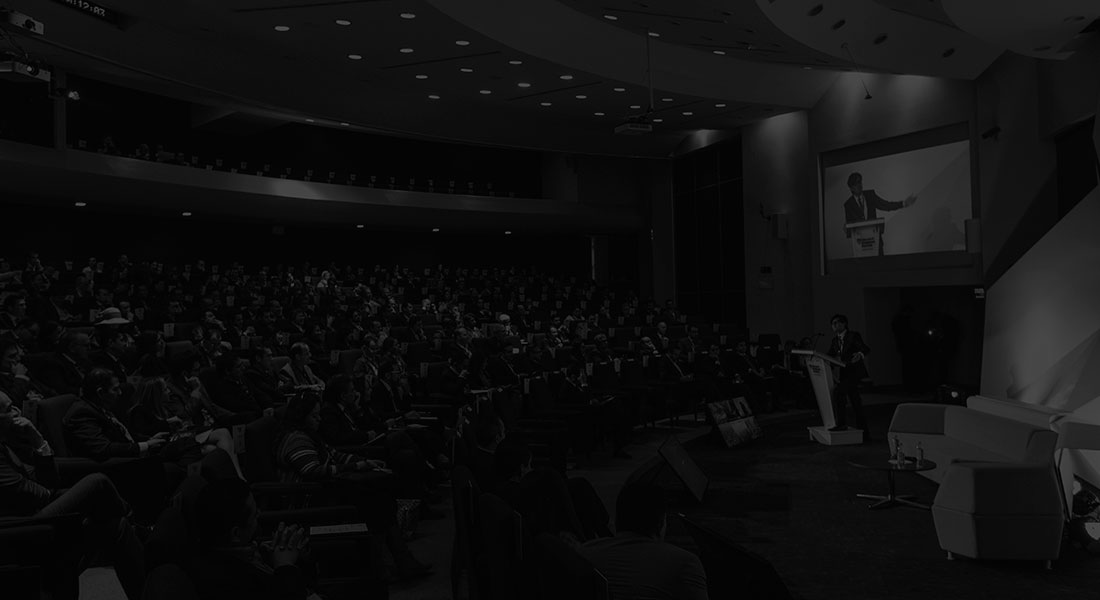


The first conspiracy theories I read up on were those following the 9-11 attacks in the USA. The Internet was still in its early days, yet it already proved to be a fertile ground to theories ranging from the mild to the wildly insane. Before that, I had no idea there were people who claimed that man had never arrived to the moon. Today, conspiracy theories are a full marketplace. They range from “I think the government hides at least some things” which is probably healthy skepticism, to the complete insanity in full-on supernatural/alien mode; with a few authors and celebrities in Conspiracy World making handsome profits from selling people smoke and mirrors.
The Internet has amplified what was already there; giving huge credence to Umberto Eco’s words about it giving loud voices to legions of idiots. Of course, part of the story is the failure of our educational system. Not only in the sense that higher education still isn’t accessible to most of the population in multiple countries, but it also refers to how institutional education in general, from the lower to the higher levels, is still focused on parroting facts, rather than teaching people how to think and reason. If people learned how to think and reason, it follows that they would have a greater ability to spot fallacious thought and spurious ideas.
Fear and mistrust are other components. Human life these days is full of uncertainty: jobs, the market, public safety, public health and security… but then again, human life has always been uncertain. If anything, life conditions are getting better in many senses: on average we live longer and safer lives that our ancestors. Still, fear of the uncertain is inalienably and unimpeachably human. That could explain why some people fall for seductive conspiracy narratives: semi-comforting tales that explain how “they” (the “they” can conveniently be any group which is fashionable to hate and fear right now) control “us”, or how “they” keep fabulous knowledge from “us”, while also profiting from, and directly manufacturing, all of our misfortunes and catastrophes.
A friend of mine is a “flat-earther”, and I’m still surprised every time I write those words. By now I have accumulated long, frustrating hours of experience in attempting to debate with him. In my experience, ignorant people who know that they are ignorant are not the worst. No, the worst are those who believe they know; and who don’t understand that they don’t understand. They can’t, because by the point where they’ve become a full believer in whatever “conspiranoid” craziness they are into, they utterly lack the capacity to ever change their minds, which is synonymous with an inability to learn. In my experience, the average conspiracy believer is not a stupid person, nor are they completely ignorant. Rather they stand in a cognitively dangerous zone where their intelligence is high enough to understand some scientific bases; but then a mix of seductive narratives, wishful thinking, religious dogma, and an inability to better detect fallacies in reasoning, throws them directly into rabbit holes that they are unable to escape or even realize they are in. In some cases, they have good cognitive abilities, which have been put to bad use or have followed an extensive line of fallacies from which they don’t return. There have actually been a few studies showing that highly intelligent people can also become “conspiranoids”, precisely because their high intelligence in some areas leads them to overconfidence in believing that they know about other things. They claim to be “skeptic”; but the truth is, extreme skepticism is just like extreme gullibility in that it signals a permanent inability to learn. Any evidence that contradicts their point of view is either manufactured, false or told in bad faith; while they would rarely use the same standards to evaluate their own cherished theories. Mass media and academia have also had their own failures, where after some instances of error, lying or cheating, the public begins to lose trust. It’s up to us all now, to debate and educate and create a society of better thinkers. Because if some conspiracy theories can be fun and harmless; others are downright dangerous, and have led us to a world where the most wonderful progresses in medicine also coexist with movements against vaccines.









